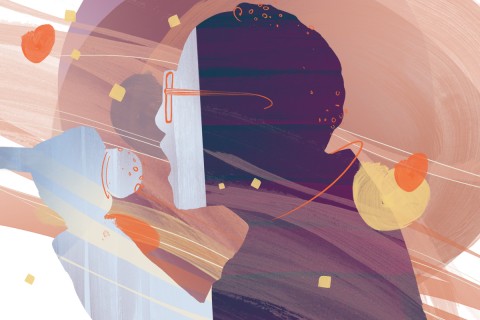How real is Wakanda?
Speculative fiction, at its best, can inspire collaboration by artists and writers and ordinary fans.

“To be young, gifted, and Black, right?” Riri Williams (Dominique Thorne) says to Shuri (Letitia Wright), joking about the burdens of being a young Black woman and the brightest student in her MIT class. Then she backpedals: “I bet y’all don’t say that in Wakanda.”
Shuri is the crown princess of Wakanda, and Black people don’t have to apologize for or explain their excellence in Wakanda; nor do they have to work twice as hard to prove themselves, like Riri, who manages a steady side hustle finishing the homework of her mediocre White peers to pay for her spot at MIT. Wakanda is the most technologically advanced nation in human history and a new global symbol of Black excellence and beauty, both within the fictional world of the Marvel Cinematic Universe in which Black Panther: Wakanda Forever (directed by Ryan Coogler) takes place and in our world as viewers.
It has been four years since audiences were first invited into the fictional African country in the Marvel movie Black Panther (2018, also directed by Coogler), and we return to Wakanda in the throes of grief. King T’Challa, the Black Panther superhero protector of Wakanda, has died of an unexpected illness (paralleling the untimely death of Chadwick Boseman, the actor who played him). Within this grief there is also a subtler mourning for the loss of Wakanda’s secrecy. For centuries Wakandans hid their identity as the only country with access to vibranium—a super metal that enhances all human inventions with superlative powers—but since the time depicted in the first movie they have assumed a precarious role in the global world order.




